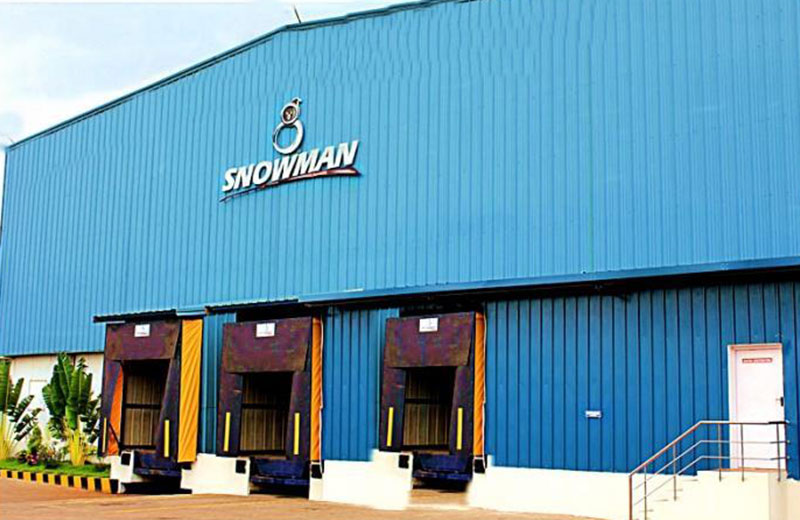Food loss is a significant economic and environmental challenge world over. A third of the food grown globally never reaches the end customer. Not only does this have significant climate and human health implications, but the economic value of this loss is almost a trillion dollars per year.
Where cold chains are lacking worldwide, 200 million tons of food spoil before reaching market every year. Almost most of the cold chain industries cater to essential industries like food and grocery or healthcare. The fine balance between time & temperature play a key role here. Innovative disruptive technology for the preservation of food products, medicines, vaccines etc. are prioritized in the industry.
Ground-breaking technology is highly preferred in this industry and one of the most popular technologies used are the Smart Sensors. Companies are examining Smart Sensor Radio Frequency Identification technology to monitor and respond to the temperature fluctuation that may impact medicines through the transportation journey. In the short term, these sensors allow to assess compliance with regulation as well and assure quality to customers across the supply chain. In the long term, companies can use data collected by sensors to offer risk intelligence in packaging, and across carriers.
In 2016, Cobots, which are robots that work safely alongside people were in short term trials and they showed efficacy in packing pet food, aerosols and canned drinks. Ultimately, companies benefited from the cobots who served as a safe, cost-effective solution to optimize logistics in cold and/or sterilized environments where biopharmaceuticals were often handled.
Another popular innovation which can be seen in the cold chain industry is technology that is used for the protection of potent vaccines from damaging temperatures. Keeping perishable vaccines at a precise temperature range as they travel from manufacturer to customer is vital for immunization programs—and extremely challenging, especially in harder to reach areas. Intermittent electricity fluxes, poorly maintained equipment, and long distances between health care facilities can compromise temperature control efforts, exposing vaccines and potent drugs to unsuitable temperatures that negatively impact potency. Overheating and unintended freezing increases the risk that customers are availing of vaccines that are potentially fatal instead of life saving. A feeble cold chain can be a death knell for people who truly depend on high risk medicines.
Companies have come up with pioneering techniques solutions, policies, and programs that help store, monitor, and transport cold chain products at appropriate temperatures, even in hot climates with little to no electricity. Increasingly, solar energy is a promising solution for powering the storage and transportation needs of food products and healthcare products. Solar direct-drive refrigerators represent a second-generation of solar energy based products.
With the new advancing technologies and massive influx of cold chain based products, the cold chain companies are strengthening the market with tried and tested innovations. Technology that improves speed and visibility, seamless tracking and reduction in risk while transportation has been focused upon by the industry. The innovation brought in to address these issues has worked its magic. Experiments have worked well and has been accepted positively with major implementation across industry. Therefore, we can rely on the innovation taking place in the industry as the earlier experiments have been 100 percent positively and safely executed.






